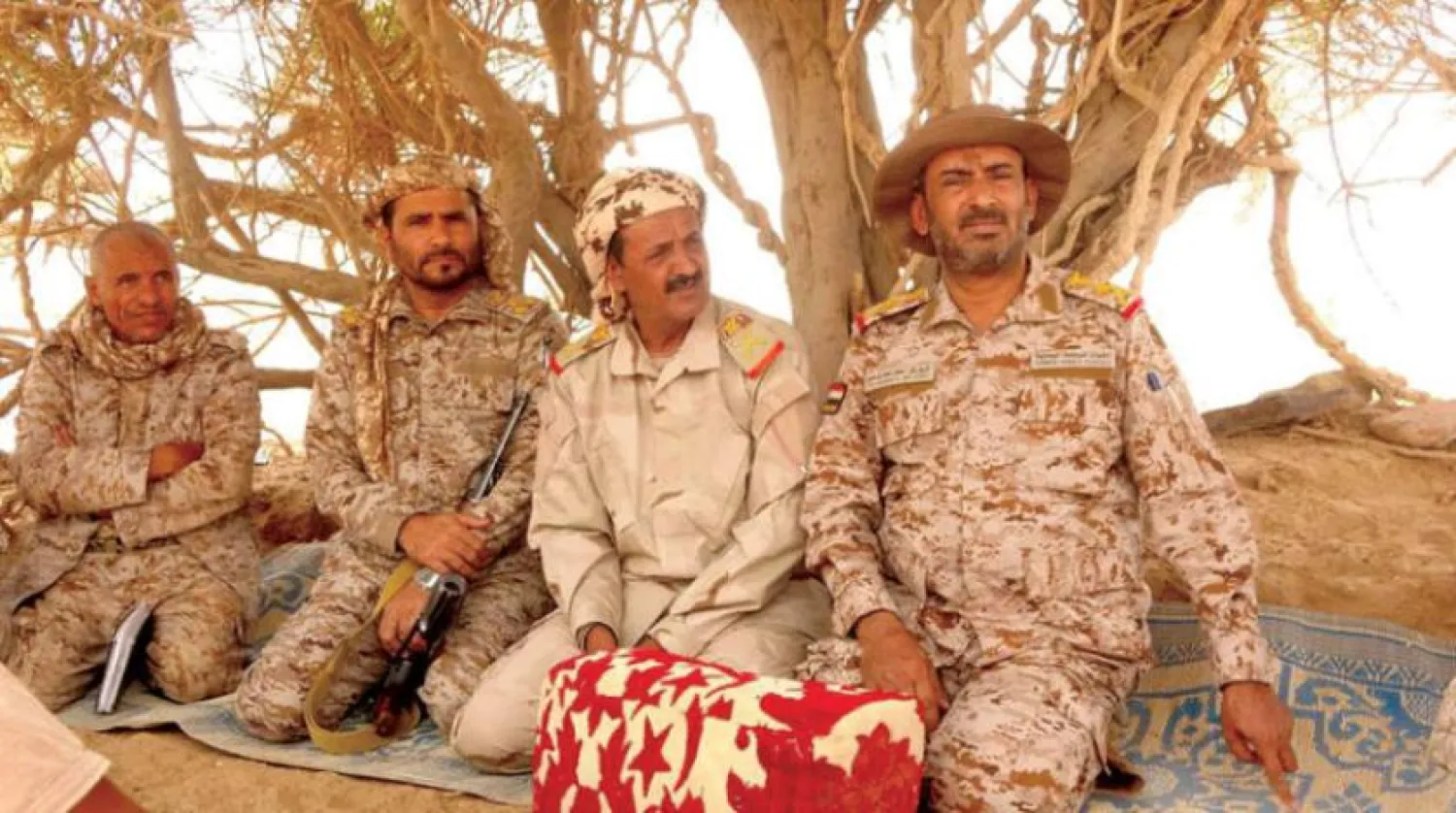Yemen's Chief of Staff Sagheer bin Aziz expressed on Monday his "faith" in the Gulf Cooperation Council (GCC) and its sincere efforts in uniting Yemeni ranks.
The GCC will host in Riyadh on Tuesday intra-Yemeni consultations aimed at uniting Yemenis, mending rifts between them, supporting the legitimate government, bolstering state institutions, creating rapprochement and supporting regional and international peace efforts.
The consultations will conclude on April 7.
In remarks to Asharq Al-Awsat, bin Aziz hoped that the consultations would end with a "comprehensive vision that would be enough to address various pending disputes and complete higher national goals, starting with restoring the state and activating its various institutions.
"We have faith in our brothers in the GCC and their kind efforts to unite Yemenis under the legitimacy, led by President Abdrabbuh Mansur Hadi," he added from the Marib province.
Moreover, bin Aziz spoke of the army's efforts and preparations in liberating the capital Sanaa from the Iran-backed Houthi militias. The efforts are being coordinated with and have received the full backing of the Saudi-led Arab coalition.
"The army is achieving heroics in defending the nation and ummah against the vilest colonial projects that go beyond geographic borders to reach ideological levels that target freedom, equality, justice and human dignity," he continued.
"We will be victorious and we will reach Sanaa," he vowed, saying time and preparations were needed to strike at the right moment.
Bin Aziz also dismissed the recent Houthi proposal of a ceasefire, saying it was nothing more than an attempt to undermine peace efforts.
"Iran fired its rockets and drones from Sanaa towards oil and economic facilities in Saudi Arabia in order to extort the world. When it was confronted with international outrage and a firm response from the coalition, it attempted to blatantly contain the blow," he noted.
The alleged ceasefire is a ploy aimed at allowing the Houthis to regroup before resuming their futile attacks in Marib, Hajjah, the coast and other fronts, said bin Aziz.









